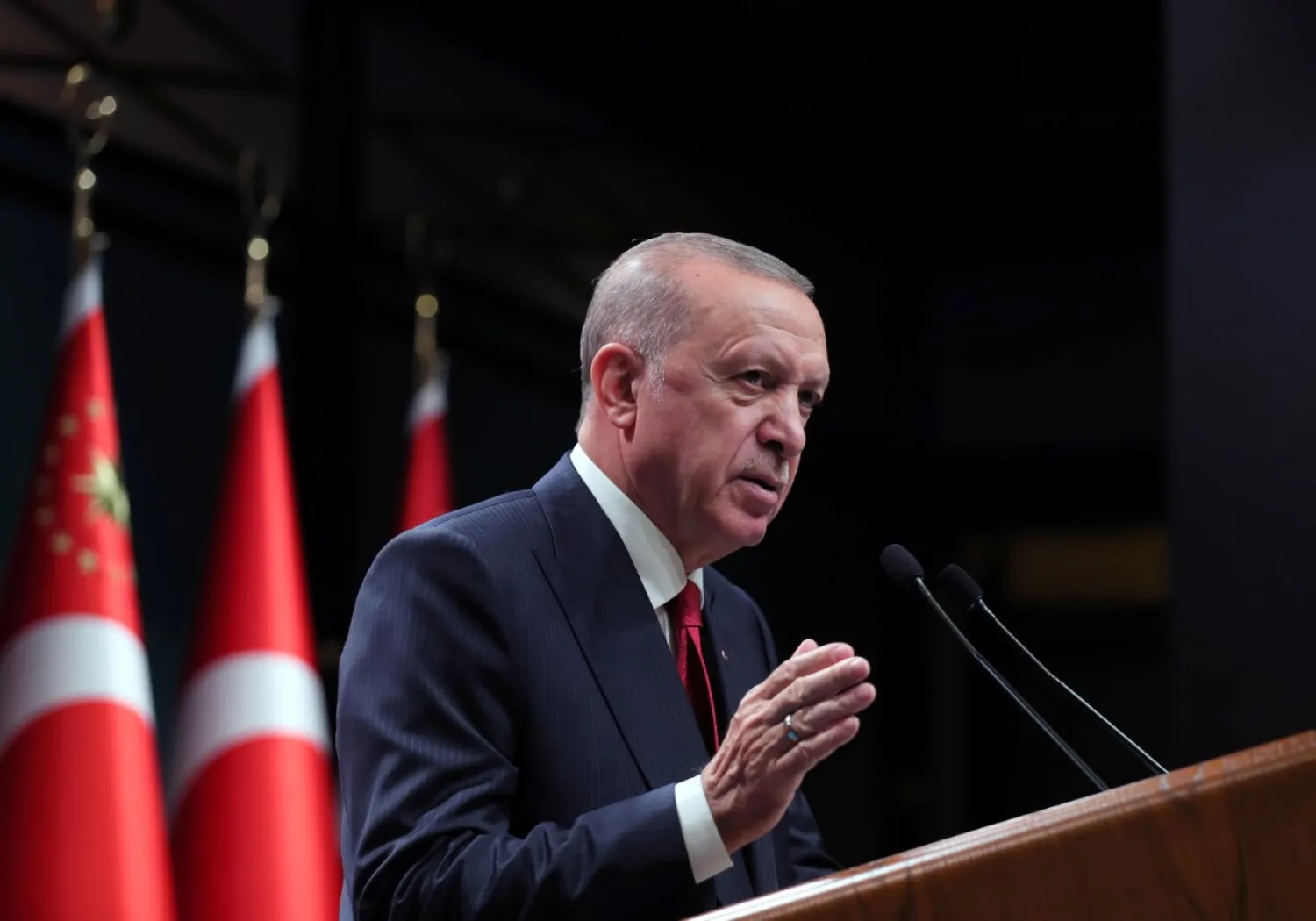Turkish President Recep Tayyip Erdogan called on the North Atlantic Treaty Organization (NATO) members to support his country's efforts to establish a safe zone on the border with Syria to accommodate refugees and ensure the security of the southern border.
"We have such a sensitivity as protecting our borders from attacks by terrorists' organizations," Erdogan told lawmakers from his ruling Justice and Development Party (AK) in parliament.
He added that NATO allies have never supported Turkey in its war against Kurdish armed groups, including the Syrian Kurdish People's Protection Units (YPG), the most significant component of the Syrian Democratic Forces (SDF).
Ankara views the YPG as a terrorist group closely tied to the Kurdistan Workers' Party (PKK).
Erdogan added that people are settling in safe areas in Syria now, calling on regional and NATO allies to support Turkey in these challenges and ensure it establishes a safe zone.
Two weeks ago, the Turkish president announced a project to resettle one million Syrian refugees in Turkey in 13 residential communities within the Syrian lands adjacent to his country's southern borders.
He affirmed that the comprehensive project allows the voluntary return of one million Syrians, with the support of Turkish and international civil organizations.
The Turkish project includes constructing various facilities such as schools and hospitals.
The Turkish president attacked some Turkish opposition parties calling for the return of the Syrians to their country, saying it is a "dirty plan" to keep raising the issue.
He added that some "useless politicians who are intelligence remnants" constantly discuss the Syrian issue, but "I tell them that our party believes it is our historical and humanitarian responsibility to defend the oppressed who have sought refuge in our country."
Meanwhile, the General Secretariat of the Kurdish National Council in Syria rejected Turkey's plan to settle one million Syrian refugees in the areas of military operations under Turkish influence in northern Syria.
The secretariat issued a statement denouncing the "demographic change" in any part of the Syrian geography.
The Council believes the project contradicts UN Resolution 2254 and creates conflicts among the Syrian people, noting the urgent need to ensure conducive conditions for refugees and displaced persons' safe and voluntary return to their original areas.
The statement urged the countries concerned with the Syrian issue to take a clear and explicit position on the Turkish project and expedite the activation of the political process to find a final solution to the crisis to ensure the safe return of refugees and displaced persons to their homes in their original places of residence.









